10 Apps That Will Improve Your Mental Health
Mental illness is rampant, if not common, among the youths. Young people are sinking into depression, anxiety, post-traumatic stress disorder and many other mental disorders at an alarming rate.
The birth of the internet unearthed both positive and negative impacts in the arena of mental health – from peer pressure on instagram, to seeing people win big on their LinkedIn timelines.
A good number of youths admit to camouflage their depression behind memes and social media. On the same chapter, social media has also propelled anxiety, loneliness, self-harm and even suicidal thoughts.
However, technology and internet at large carries benefits that can help you improve your mental health. There are mobile applications that are designed to help people manage and improve their mental health on a daily basis. These Apps are available both on App Store and Google Playstore.
I will share the list with you, but before then…
I would like to emphasize that these apps are not replacement for professional care. They are just self-care tools that match a variety of problems, disorders etc.
With that said, let’s jump right into the list:
1. NotOK
It can be difficult to ask for help when we’re struggling, and the team behind NotOK wants to make it easier. You create a group of trusted contacts, like your family, friends, therapist, or anyone else you can count on. After they accept your invitation, you can alert them with a tap of a button when you’re not okay and could use their support.
2.HearMe
Sometimes you just need a place to vent—and don’t always have the social support or space to do it. HearMe is there for those moments, connecting you instantly with an empathetic listener.
3. Smiling Mind
Smiling Mind is another meditation app designed with twentysomethings in mind, and it’s got the backing of Cricket Australia.
Designed by a team of psychologists it has a range of programs specifically designed for athletes, students, and people starting out in a corporate environment.
Smiling Mind is a free app and can be downloaded from the Apple App Store and Google Play Store.
4. Mind the Bump
Mind the Bump is a free app dedicated to mindfulness meditation, but this time for parents-to-be. It has useful tips for expecting parents on how to support each other and themselves mentally and emotionally in the lead up to ARRIVAL DAY, and every day after.
Mind the Bump is a free app and can be downloaded from the Apple App Store and Google Play Store.
5. SuperBetter
If traditional mental health apps tend to bore you, SuperBetter might be able to keep your interest. It gamifies mental health skill-building and self-care, teaching you to be more resilient through a series of superhero-themed missions and challenges.
6. PTSD Coach
Created by the National Center for PTSD, this app is for anyone who has or could have post-traumatic stress disorder, whether they’re currently in treatment or not. Some of its features include educational material, therapeutic tools, and info on professional care and support.
7. What’s Up
This app has a bunch of tools based on CBT (cognitive behavioral therapy) and ACT (acceptance and commitment therapy) to help you feel less anxious, stressed, angry, and more. Plus, you can connect with other users via the app’s built-in forum.
8. Rainn
Experiencing sexual violence is a risk factor for mental illness. To combat its physical and mental strain, Michener recommends RAINN, a free app designed by its namesake National Rape, Abuse & Incest National Network. Chat with support specialists, explore self-care exercises, and learn about healing from sexual trauma.
9. Youper
If traditional therapy is too expensive, Youper offers an AI-powered alternative that helps you work toward your specific mental health goals. The app gauges how you’re feeling each day, offering audio, visuals, and words of encouragement that’ll keep you on track. Some people even use it alongside therapy.
10. Moodpath
Moodpath is an app available on both iOS and Android, which tracks your moods throughout the day. It’ll ask you a series of questions three times a day, and then collates that data to offer you insights into your mental health overall. This allows you to keep track of, and reflect on, your emotional wellbeing, which should help you know when you should seek extra help and support.
The app will also use that data to give you relevant courses, guided meditations, sleep aids, and other resources, which will aim to help improve your mental health. The best part? It’s completely free.




